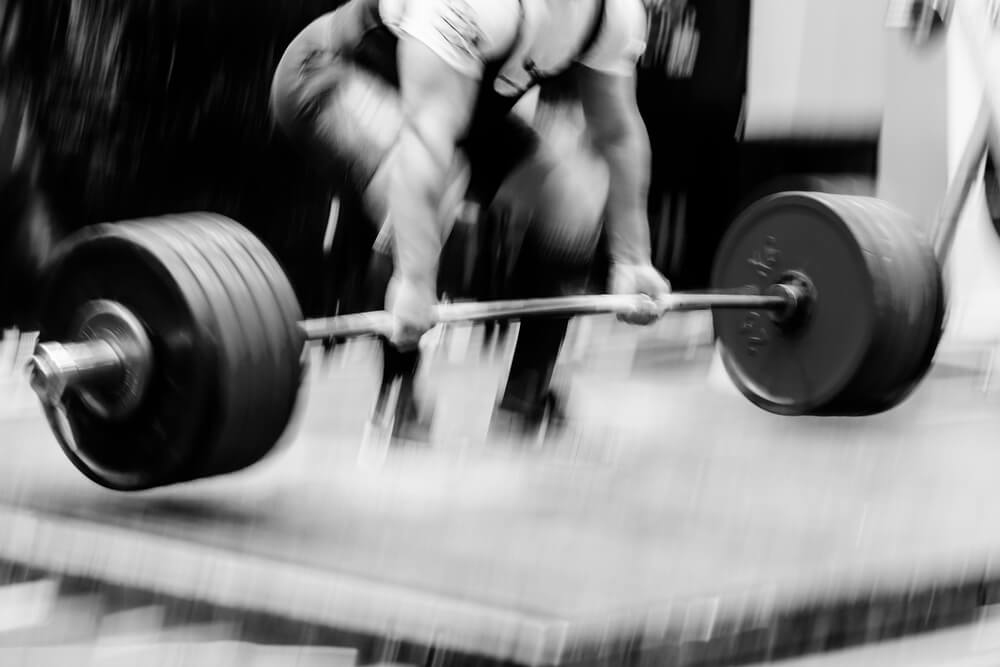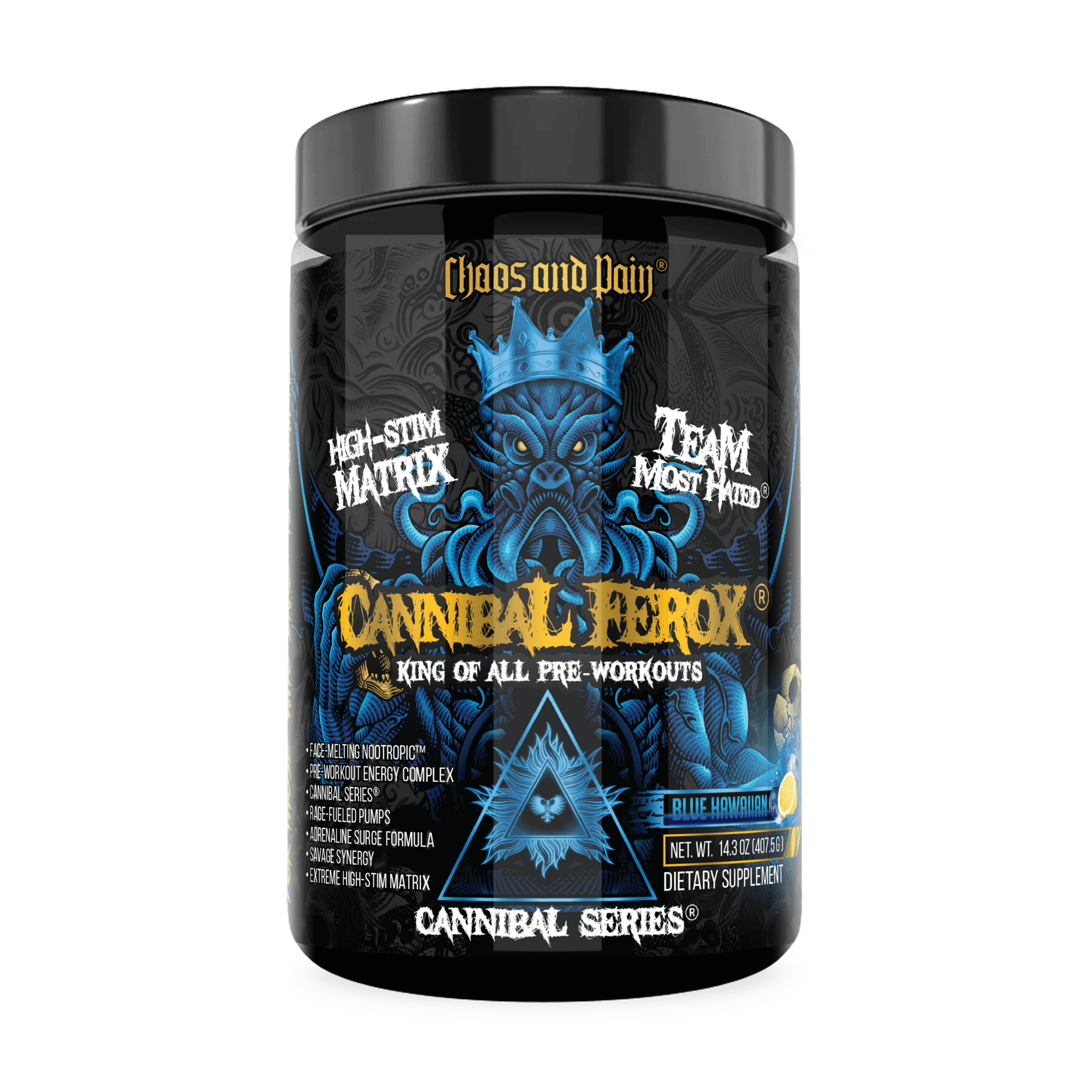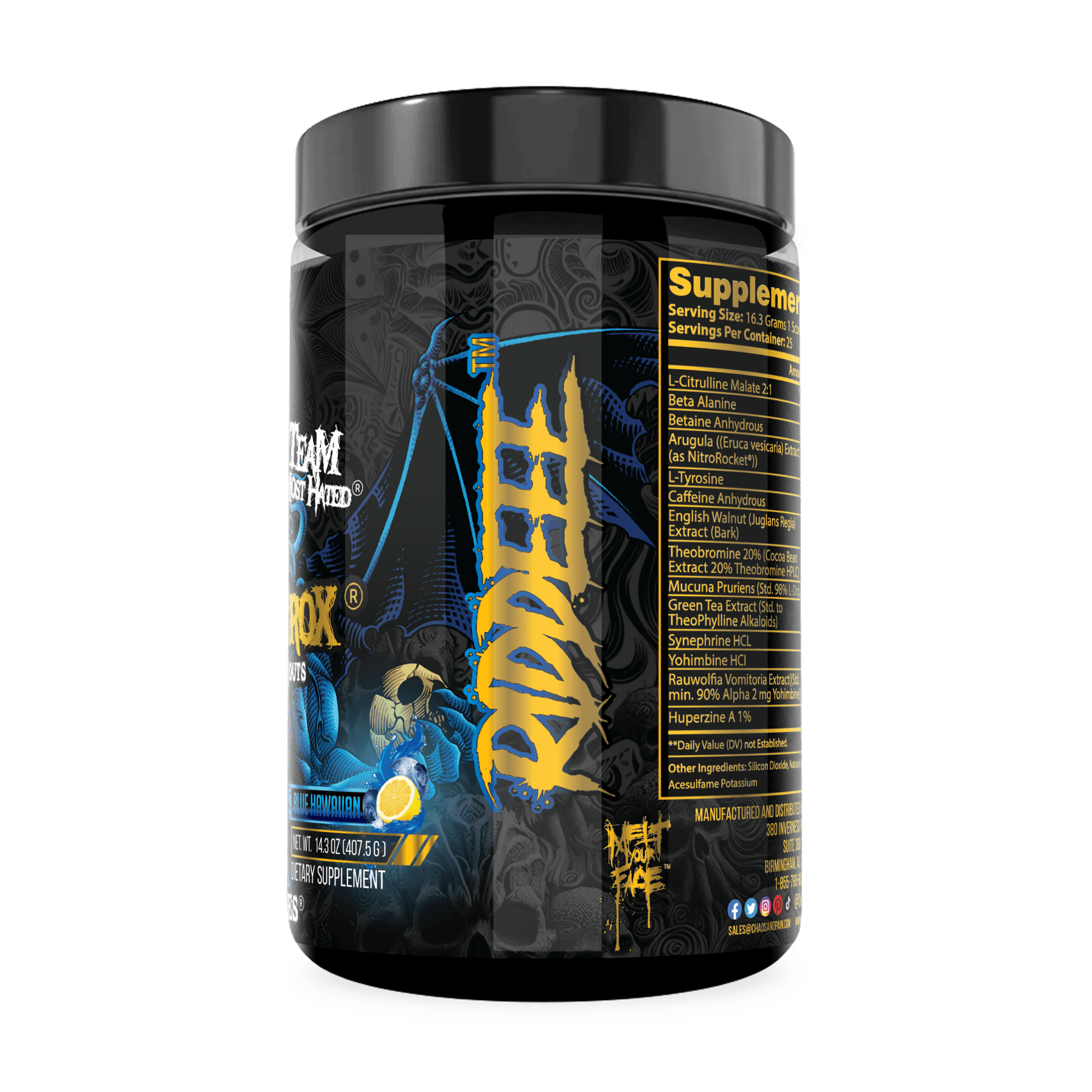BODYWEIGHT TRAINING ISN'T JUST FOR YOGA MOMS
In the dark, misty depths of history, when men were violent, bloodthirsty killing machines and women were slightly less prone to fomenting a bloodbath. Access to gyms was essentially limited to Sparta, Greece and India. Neither of those nations are known for producing hulking mounds of sinewy muscle in the modern era. They were the only two places in the ancient world that boasted gyms. The Spartan version, called the agoge, was likely so nightmarish that one would prefer to have sex with a broken-glass-filled-vagina’d Rosie O’Donnell.
Beginning at the age of seven, Spartan boys were underfed, under clothed, overworked, beaten, and taught to be goddamned hard. They were regularly forced to fight to death in an über, super brutal version of MMA called pankration, in which fish hooking and eye gouging were encouraged. Though they were gyms, they had no weights to lift. Instead the students of the agoge regularly lifted and carried stones and logs for distance as if they were in the modern World’s Strongest Man.
The Spartans also did a lot of group-oriented calisthenics. Interestingly, led Xerxes to think that they were weaker than a twink with AIDS. After sending spies to watch the Spartans train, Xerxes discovered that the Spartans exercised in unison with rhythmic movements. The Persians misinterpreted (hilariously) as dancing. Thus, they thought they could just roll the apparently light-of-heel Spartans up, and then unknowingly walked right into the teeth of a well-oiled, incredibly strong war machine (Kagkelidou).
Frankly, this is the closest thing to Greek Calisthenics you’ll see unless you go to a Greek Calisthenics revivalist school, find a Crossfitter obsessed to death with calisthenics, or build a goddamned time machine and haul your happy ass back to the 2nd Century BC.
In a gymnasium, Athenian men over 18 received all manner of physical instruction, the basis of which were calisthenics. For those of you (like myself) who are slobbering history and archeology nerds, the word calisthenics is ancient Greek and derives from the word
kallos, which means beauty and strength. The system of calisthenics was essentially a system of bodyweight exercises that combined the goals of hypertrophy, balance, strength, and endurance (with a healthy dose of philosophy thrown in on top, because the Greeks were awesome like that). Thus, it wasn’t so much a sport as it was a training system in a cool-ass community center designed to make people awesome.
The system as the Greeks originally conceived, consisted of groundwork like pushups, ultra-wide grip static hold pushups, handstands, handstand pushups, sit-ups, leg raises, lunges combined with a sort of Thai push kick, pistol squats, leaping front kicks, high knees, and the like. They also did bar and ring work for the upper body, much as you’d see modern gymnasts do- varieties of pullups and muscle ups and static holds. No one died (probably) but given the state of the physiques on Greek statues, they were some ripped sonsabitches .
Modern street calisthenics, as it’s known, mostly consists of work on pullup bars, dip bars, and jungle gyms. It seems to build some incredible upper body hypertrophy and strength, as well as seriously ripped physiques. Beyond that, it seems to have become a bit of a performance art, so like the calisthenics of the Spartans, it could almost be construed as dance at times. However, it’s simply a rhythmic demonstration of incredible strength and muscular control, which is after all, pretty goddamned cool.
The goal is to just get strong and work on body control. Then, you basically just play- try stuff and see if you can do it. Then, get stronger and try again. For those of you looking for linear periodization, you won’t find it here. Linear periodization sucks, and we’re not robots.
Clearly, none of the above is mind-melting or groundbreaking, but people rarely think of it in terms of strength building. I can personally attest, however, to the fact that I am far stronger when I include a couple of 20-minute sessions of bodyweight work every week. In fact, when I was in college, a buddy and I used to “play cards” a couple of times a week, and that kept us ripped despite the fact we were facing a couple of Blizzards from Dairy Queen every day like we were college girls sticking their faces under the frozen yogurt machine every day in the café.
You know- chasing the freshman 15 (which I guess due to inflation seems to have become the freshman 25, because I’m seeing a lot of livestock wearing college sorority t-shirts lately). When we played cards we’d watch either Rocky 3 or Rocky 4 and place a deck of cards between us. We’d take turns drawing cards and would do either push ups (black) or abs (red). Black diamonds were diamond pushups, and red diamonds were double the sit ups. We’d go through the deck a couple of times and kept me as ripped as a phone book at a strongman competition and ready as an evangelical Christian dude on his wedding night. In
other words, “playing cards” was awesome addition to my 5-6 days a week of training. These days, I simply do dips and pullups, which I find to be more useful. If I can find a tall stack of mats, I might do high jumps in between supersets of pullups and dips, or maybe ab wheel.
The third group I mentioned at the outset were the Indians, who actually predated the Greeks and Spartans in terms of having a codified system of exercise. Physical fitness was prized among the Indians, and every village had a gym in which villagers trained and wrestled. The calisthenics regime followed by the Indians is what led to them being the most dominant wrestlers in the world for centuries, and it’s more brutal than an Al Qaeda execution video.
The program Indian wrestlers use arose out of this millennia-old system of training do over 2000 dands (dive bomber pushups) a day. Furthermore, can do 1500 of them an hour, and the upper body specialists in India do over 5000 a day. Additionally, they do two to three thousand bethaks (free squats standing on their toes) a day. The fewest a wrestler will do in a day is 500. On top of that, they do tons of somersaults to build flexibility and core strength, wrestler’s bridges for their necks, and headstands.
Though they’re now considered weightlifting implements. Another feature of their training that could be replicated without spending a single dime was club swinging. Which could be replicated simply by swinging a heavy tree branch or log. Again, they had no program for training. They’d just bust their asses harder than a slave coal miner in Scotland on the same exercises every day because they wanted to be better than the next man.
Across the Pacific Ocean, thousands of blood-crazed, heavily tattooed, hulking monsters of men, screaming hakas and wielding weapons made of bone, wood, and sharks teeth built their massive bodies not with calisthenics. The manliest of leisure pursuits- stone lifting, tug-of-war, wrestling, and boxing. The Hawaiians were, at the time of their discovery, considered to be some of the most physically striking people in the world. It’s not hard to imagine Captain James Cook fawning all over the Hawaiians like a preteen over the Jonas Brothers because he basically landed on an island filled with clones of The Rock. Even at a time when weightlifting and strongman were physically one of the most, striking native races in the world (Aipa).
The most famous king in the history of Hawaii, Kamehameha, was as famous for his strength as he was for his military prowess. As the 14-year-old gripped a stone no other man on the island could flip, the 2.5 ton “Pöhaku Naha,” he screamed:
“NAHA STONE ART THOU: AND BY NAHA PRINCE ONLY MAY THY, SACREDNESS BE BROKEN. NOW BEHOLD, I AM KAMEHAMEHA, A NIAU-PIO A SPREADING MIST OF THE FOREST.”
He strained so goddamned hard that blood shot out of his eyes like he was a superheavy squatting in the WPO. With blood dripping from his fingers, he flipped that thing to the amazement of everyone in attendance (Aipa, Monster).
It’s awesome that the greatest king in Hawaiian history was as famous for his strength as he was for his conquests. Pretty much every leisure activity the Hawaiians participated in showcased physical dexterity or sheer muscle power. Basically, the Hawaii of yore was like an island filled with hot, strong women and ultra-tan Hafthór Júlíus Björnssons. Boxing, wrestling, stone lifting, and tug-of-war were all that were needed- no gym required (Games).
Then jumping to the mainland were the native peoples of the Americas. Obviously, they were a very diverse group of people. Although, from North America to South America there was a culture of exercise. Unfortunately, there isn’t much written about any of their specific exercises, but there are anecdotes. He commented on the appearance of the Seminoles. Stating, “As to their figure, ‘tis generally of the largest size, well proportion’d, and robust. As you can imagine Persons nurs’d up in manly Exercises can be” (AIHDP).
Likewise, South Americans were equally strong and tough. They participated in crazy ass strength and conditioning sports that were so tough they’d kill Rich Froning. Stuff like the favorite pastime of the Ge Indians of South America log relays. Where participants would carry short logs weighting as much as 200 lbs over courses if several hundred yards (Crego 189). As I said, there is only anecdotal evidence of how they trained. I found a video of a Native American warmup that shows that the warmup is extremely similar to the manner in which the Ancient Greeks trained.
In summary, if you think bodyweight exercise is a bunch of crap, you’re wrong. Enough hard training in bodyweight work should, if done right, turn you into a bona-fide badass. Indian strongman Monohar Aich had a 660 squat at 159lbs. Mostly from doing thousands upon thousands of free squats in prison. Most pehlwani have tree trunk legs despite eating a meatless diet. All from free squats, and if you look at Grecian statues, all the models for those statues had good to great legs, without weighted squats. Thus, you might want to add in some bodyweight work if you want to achieve your potential, because it
certainly won’t hurt, and it will almost definitely help.
Now, go do some pullups. Then do some more.
For more informative blogs by Chaos and Pain click here.
Sources:
AIHDP. History of Indigenous Activity. American Indian Health and Diet Project. Web. 28 Jul 2015. http://www.aihd.ku.edu/exercise/history_indigenou…
Aipa, Daniel. Is Weightlifting a Hawaiian Practice? The Ku Project. 16 Mar 2015. Web. 27 Jul 2015.
http://www.thekuproject.com/hawaiian-weightliftin…
Crego, Robert. Sports and Games of the 18th and 19th Centuries. Westport: Greenwood Press, 2003.
Games of physical strength. Hawaii History. Web. 27 Jul 2017.
http://www.hawaiihistory.org/index.cfm?fuseaction…
Kagkelidou, Evangelia. Calisthenics, the Yoga of Greeks. Greek Reporter. 9 Oct 2013. Web. 27 Jul 2015.
http://greece.greekreporter.com/2013/10/09/calist…
Monster, Higa. Lifting Stones. AnimalPak. Web. 27 Jul 2017.
http://animalpak.com/html/article_details.cfm?ID=…












Leave a comment
All comments are moderated before being published.
This site is protected by hCaptcha and the hCaptcha Privacy Policy and Terms of Service apply.